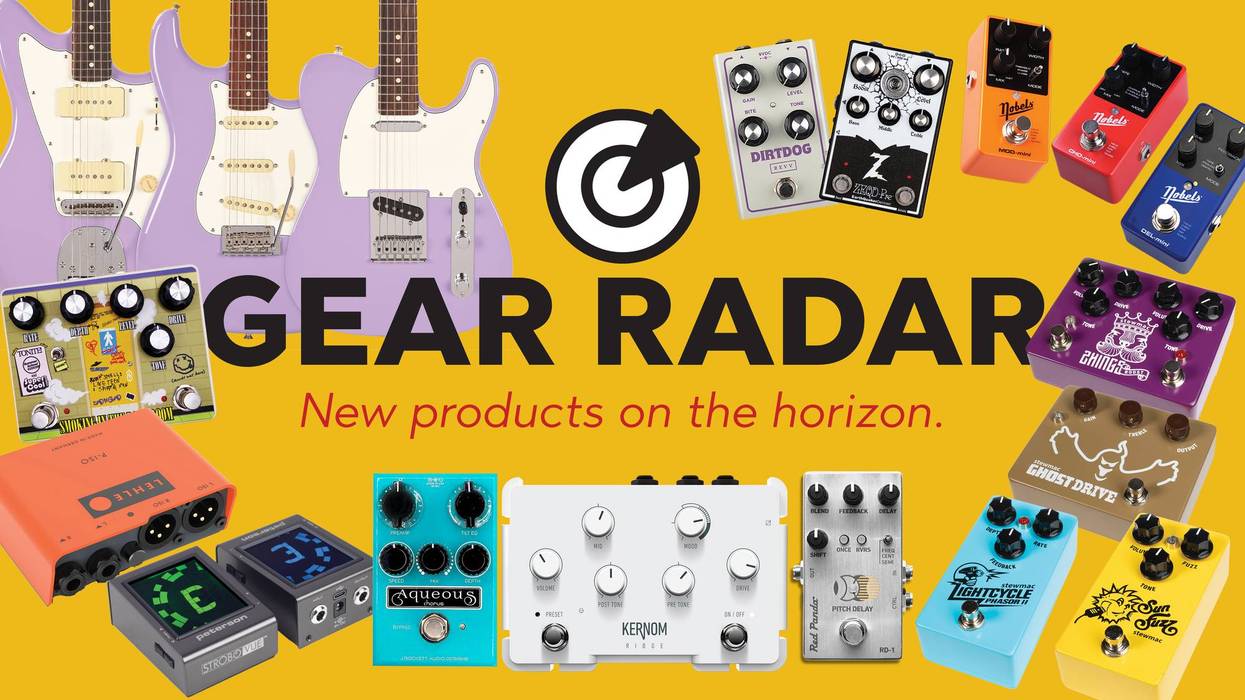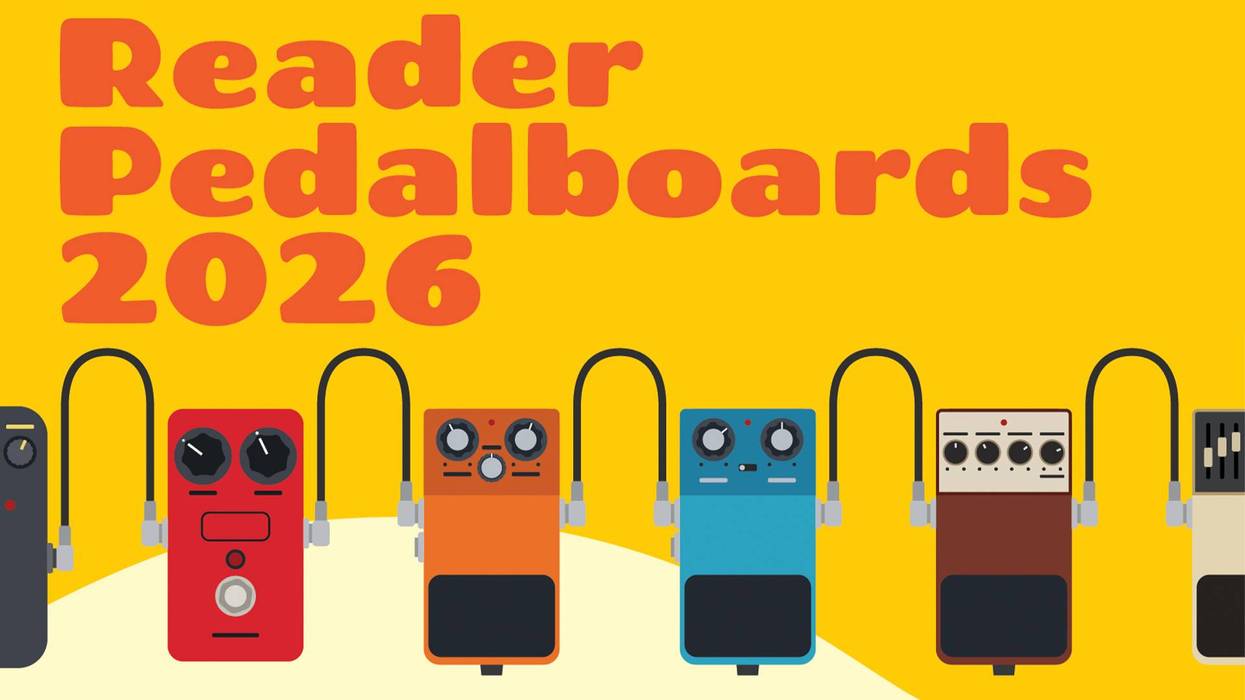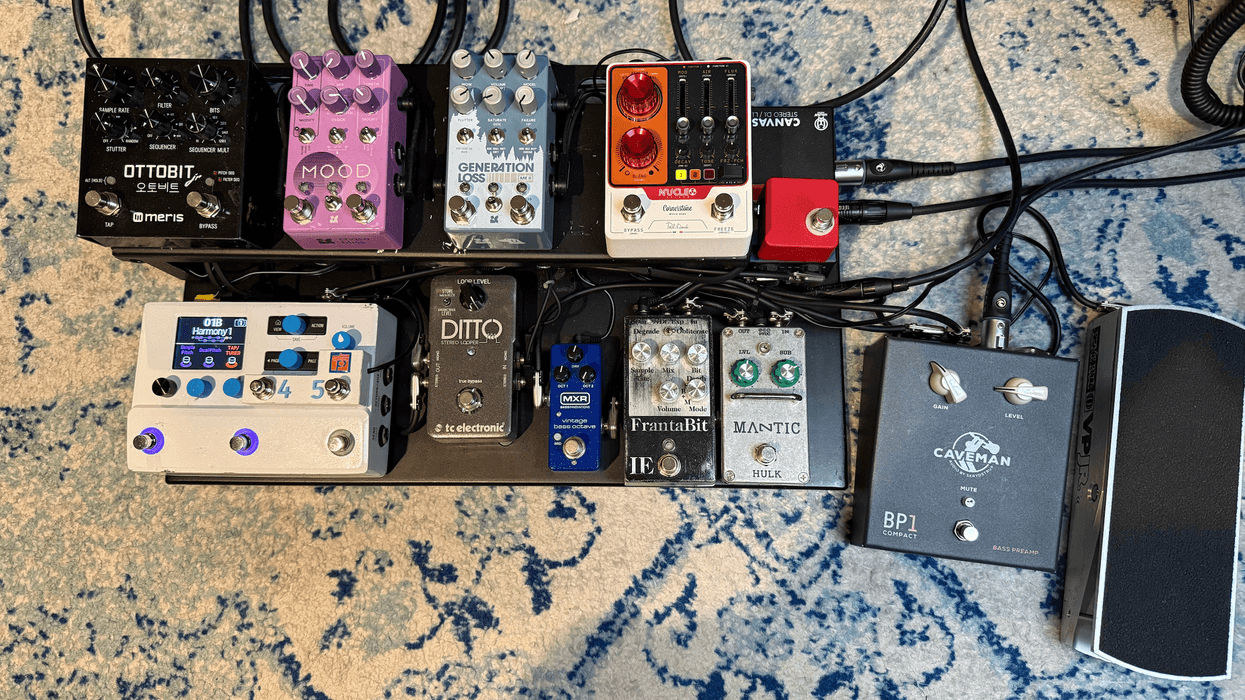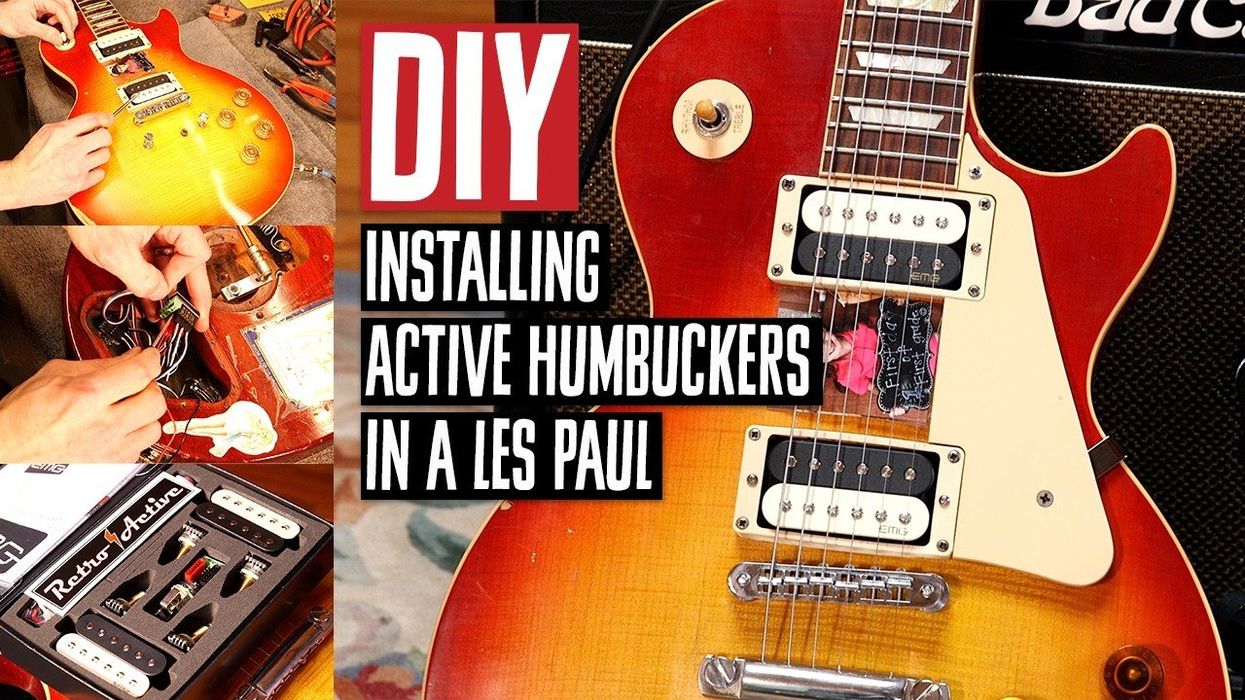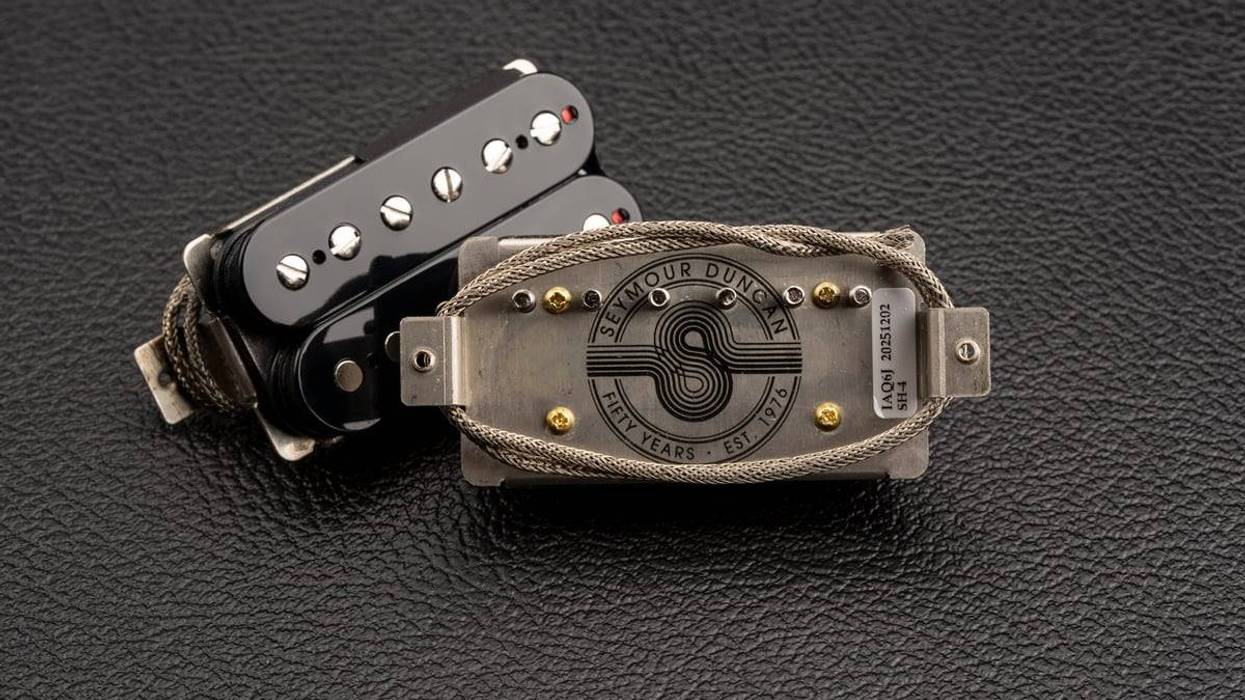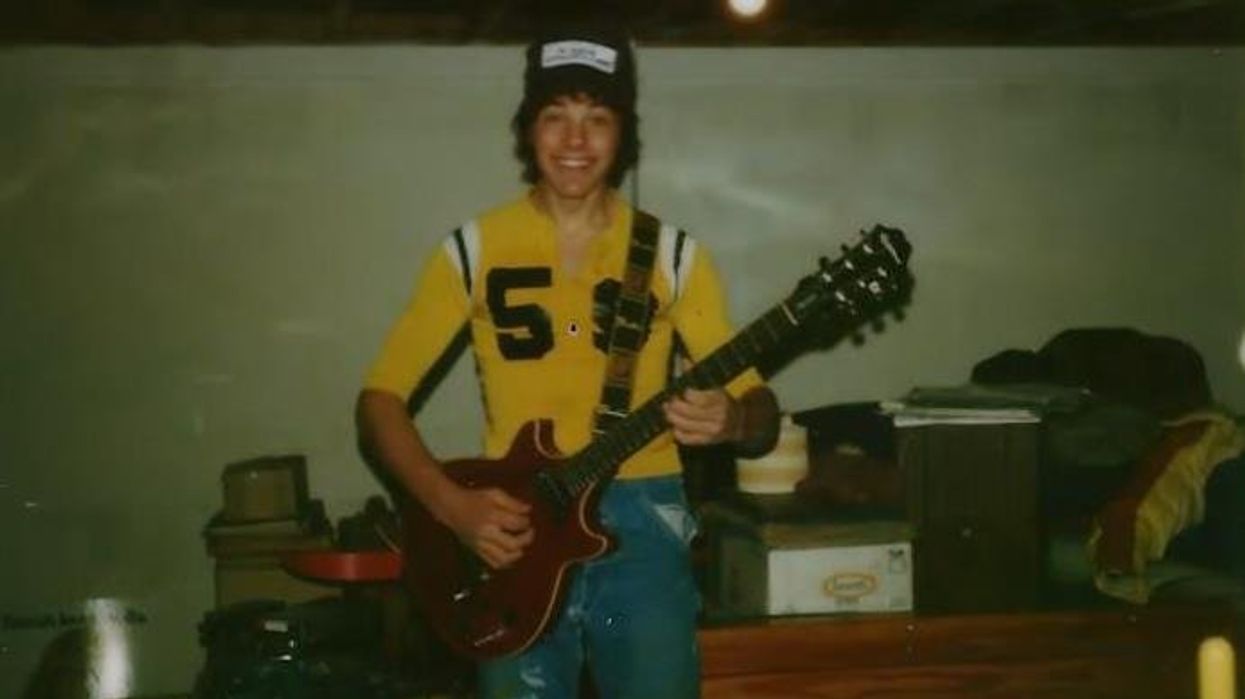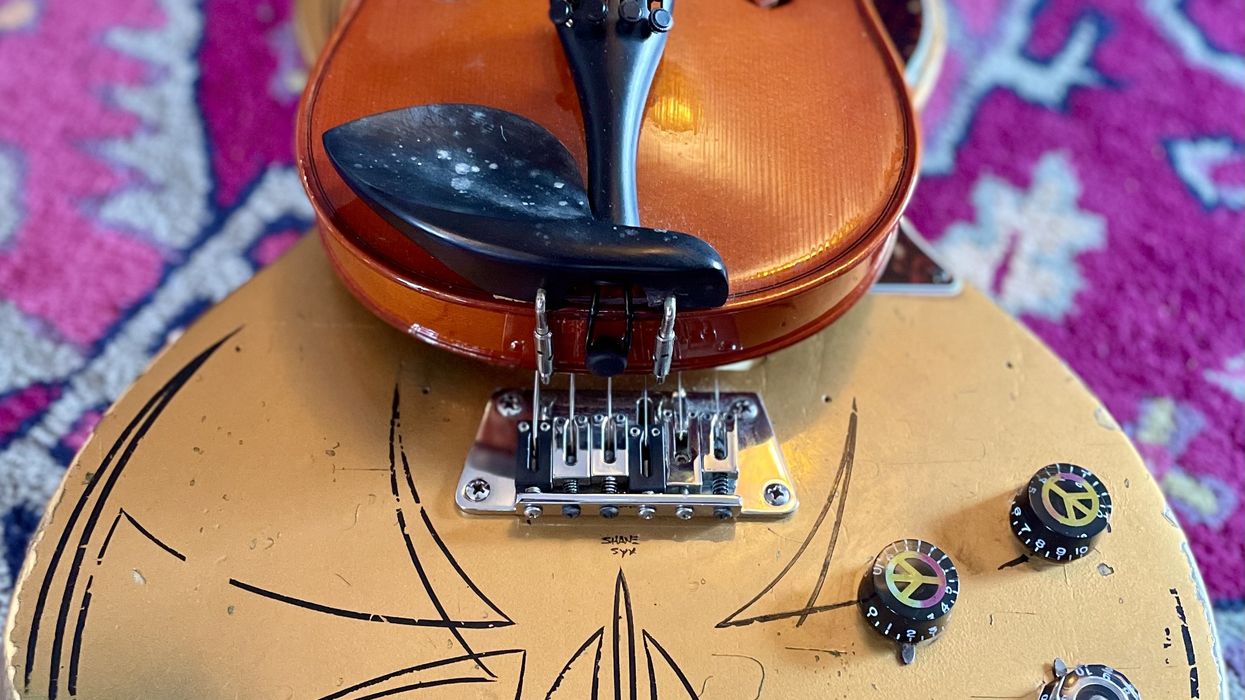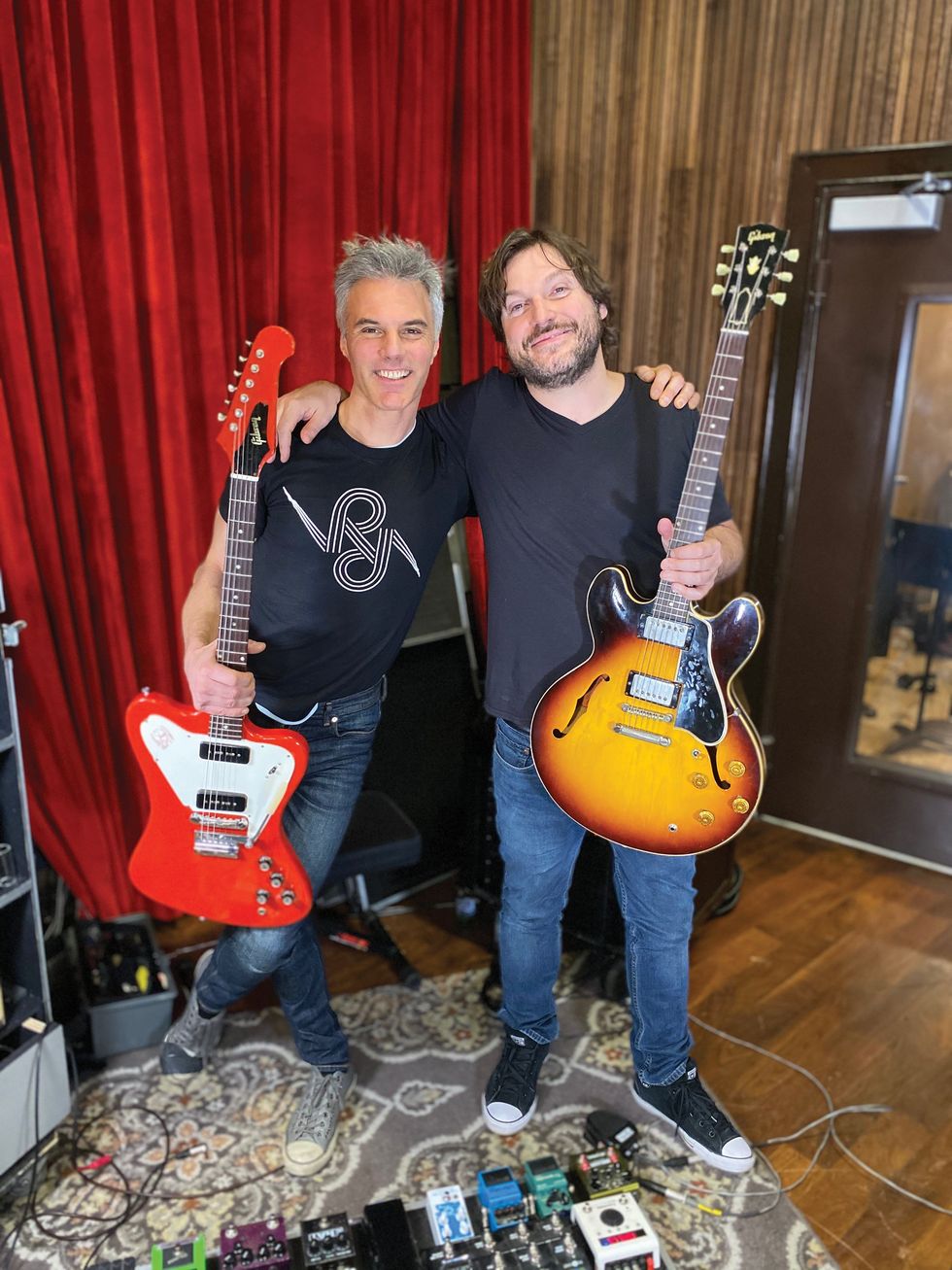I’ve shared some of these nuggets lately with customers who’ve messaged me or come to our workplace. So, let’s share them with you, our readers!
My kid is really into music, but I’m concerned about this as a career. Meanwhile, you’ve put your interest in music towards a viable business. Could you say something to guide them towards a safer path that might make them happy and pay the bills?
Here is my advice: Go for it. Listen to, learn, and study music like you really mean it. Think about what you can do to get better, and then do it. Work as hard at your music as you’d imagine some heartless person works at their office job, and as relentlessly as the athletes at the Olympic trials. Fight hard for what you want the world to hear from your music. If I have any regrets, it’s that I never really worked on the things that held me back. You can do better.
Understand that this is an entertainment business, and make your performances as compelling as possible. Learn how to write, sing, record, publish, and distribute your own work. Figure out how you want to act, dress, and move onstage. Go out and see good local and regional performers and find teachers who will compel you to constantly step up your game. If your town doesn’t have enough of those, move to a city that does.
Now, if you don’t want it that badly, there’s no shame in staying in your hometown, trying to get a “real” job, and playing your songs or songs people already know for people who might enjoy it. They deserve to be entertained, too, and playing music with and for people is both really fun and vital for your community. Decide how badly you want it, and what you’re willing to give up for it. The odds are against you even if you give it your best; give it anything less, and you’ll have to figure out a Plan B to pay the bills soon enough. But if you could certainly still fail at what you didn’t want to do, why not try at what you really want to do?
You’ve talked about dialing back on guitar volume to clean up or add definition with high-gain pedals, but when I do that, things get muddy. Is there something I need to do with my pedals?What I’ve found, whether I’m hitting a fuzz, op-amp distortion, or a high-gain amplifier is a treble bypass network across the wiper and pot of the guitar’s volume control really helps with the cleanup. Almost everything I own has a 1000 pF cap in parallel with a resistor set to around 90 percent of the pot value across that control. So with a 250k pot, I’ll go with a 220k, and with a 500k pot, I’ll go 430 to 470k. This combination seems to work well at letting those highs stay around at lower guitar volumes, so your perceived gain gets reduced, but your clarity doesn’t get lost.
Should I bother with the effects loop on my amp?
In my experience, effects loops can work for effects that are best post-gain, or if you intend to really put the gain sections of your amplifier to use. I like delays, reverbs, and time-based modulation in the loop, and pitch shifters, filters, and drives in front. That being said, I’ve been quite happy putting everything in front of a clean amp lately!
Any other secret tricks you’d like to share?
For slide guitar, set up a delay to a moderate time: around 300 ms with three to four repeats. Set your mix lower, to around 20 to 25 percent, so the delay is just helping you, not making things a washy mess. Then find a way to use the tuner out from a volume pedal or A/B box so your tuner pedal is always tracking you. You can cheat at slide guitar by peeking at the tuner to see exactly how on or off pitch you are, when to compensate, and how you can shift into notes to build that tension and create a doubling with your trailing echoes.
For years, I’d play fake Rhodes or Mellotron parts by taking a wah pedal, cocking it all the way back, feeding it to a phaser, rotary sim, or vibe set slow with mild depth, and playing two-note chords of thirds and fifths.
And for some reason, I used to keep this secret from other players who would ask me. Why was I threatened by their curiosity? The last trick is to share what you know, and then ask about something you don’t. Maybe that will make us all get better.





